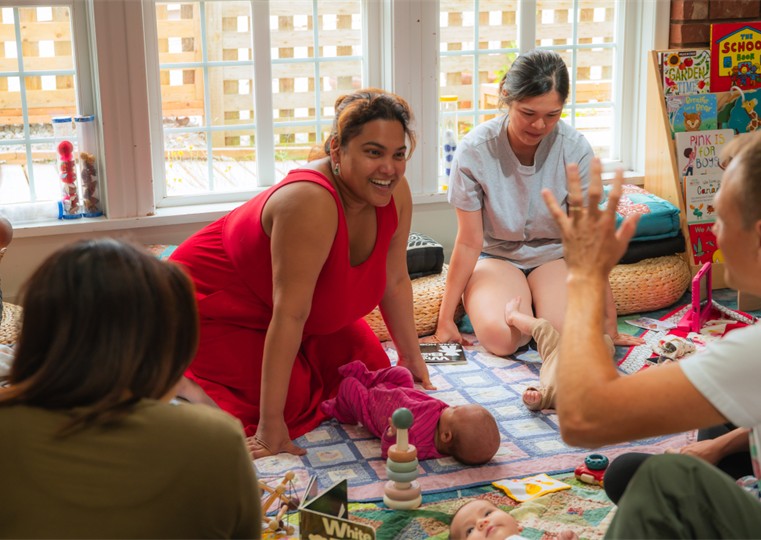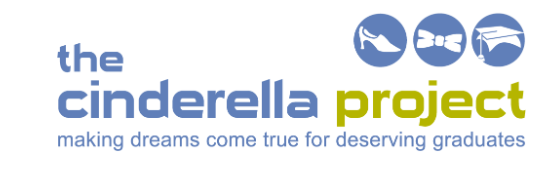October 4, 2024
SVP Vancouver

Introducing to SVP: Transform the Family Justice System Collaborative

We’re thrilled to introduce you to a new Investee to SVP Vancouver: Transform the Family Justice System (TFJS) Collaborative. They joined the SVP Vancouver community earlier this year and are the recipients of a microgrant for their North Island Early Years Family Justice project.
Support for the North Island Early Years Family Justice Team microgrant is drawn from our Early Years Innovation Fund, which invests in organizations supporting children under age 6 and their families. We recognize that intervening during this formative time can alter the trajectory of a child’s life and can lead to an estimated 10x social return to community over time.
The North Island Early Years Family Justice Project and Goals
The North Island Early Years Family Justice project seeks to test a wrap-around services prototype to support Indigenous families with infants and young children facing significant adversity to keep families together, avoid the family justice system, and advance the health and well-being of the family.
The prototype is built on a comprehensive approach based in Indigenous principles, practices, and evidence-based research. It includes the involvement of family members, members of the family’s social support network and community, clinical specialists in strengthening the parent-child relationship, service providers, and agency representatives. They will work together as a team to develop a plan of care for the family, implement this plan in a well-coordinated manner and monitor its progress, with the goal of working towards healthy outcomes for the family in the long term.
Throughout this process, the focus on the family’s well-being remains at the centre of the process.
The project was initiated and is supported by the TFJS Collaborative. It will be delivered through a locally based partnership, including Community Partner Laichwiltach Family Life Society in Campbell River, an Indigenous-led multi-service not-for-profit that provides services to Indigenous people and families in the Comox Valley and Campbell River region. The TJFS Collaborative is looking to learn from this project and to further develop the prototype so that it can be applied across the province.
With SVP Vancouver’s Support, the TFJS Collaborative Plans to…
- Access capacity-building support by working with SVP Vancouver’s Social Impact and Strategy Coach, Karen Gelb, and with the New School of Fundraising.
- Develop and deliver a prototype of a team approach to support families with infants and young children facing adversity with the aim of keeping families together, avoiding the family justice system, and advancing the health and well-being of the family.
- Provide Indigenous families in the North Island region with wraparound services, including specialized counselling, community services, and support and assistance from the family’s social networks, coordinated by the team’s Community Coordinator.
- Foster partnerships and expand the umbrella of participating service-providing organizations.
- Engage in consultative processes with Indigenous communities the project will be serving, and adapt the project plan accordingly based on feedback.
- Continue planning of team, clinician and services structure and operation.
- Develop evaluation framework and approaches, involving an Indigenous evaluator.
About the Transform the Family Justice System Collaborative
The Transform the Family Justice System (TJFS) Collaborative is a multi-sector initiative of Access to Justice BC, a network, led by the Chief Justice of BC and including the provincial Deputy Attorney General and the leaders of other key justice sector leaders.
Read more about the TFJS how the North Island Early Years Family Justice System’s pilot project operates, below.
North Island Early Years Family Justice System Pilot Project: Its Approach and Process in Detail
The North Island Early Years Family Justice project is based on a model early years team approach that will be supported by the local Indigenous communities. It will be hosted by Laichwiltach Family Life Society, and include members of the region’s Indigenous leadership and community, and other local organizations. This organizing principle complements the goal of improving family well-being through integrated, intersectoral services.
Through an intersectoral, relationship-based, wraparound approach based in Indigenous principles and practices, the project will include the following elements:
- A wraparound team approach to support families facing significant adversity and potentially experiencing child protection issues. The families in the prototype will be those with infants and young children at risk of becoming, or already involved with the local child protection agency and the court system.
- During the wraparound process, a team of people who are relevant to the life of the child and family (e.g., family members, members of the family’s social support network, clinical specialists, service providers, and agency representatives) will collaboratively develop an individualized plan of care, implement this plan, and monitor its efficacy, modifying the plan as needed, and working towards success over time, with the child and family at the centre at all times.
- The wraparound team approach includes evidence-based, culturally sensitive and relationship- and trauma-informed counselling to build skills and meet the child’s and family’s needs, together with community services and interpersonal support and assistance from friends, kin, and other people drawn from the family’s social networks, coordinated by the team’s Community Coordinator.
Learning from the Project
The North Island Early Years Family Justice project will use a developmental and transformative evaluation approach that will support the further development of the prototype and the expansion of its use. The idea is to learn from the project so that the prototype can be improved and applied across the province to other Indigenous and non-Indigenous families with infants and young children at risk of child protection involvement. The TFJS Intersectoral Community of Action (individuals from across sectors and people with lived experience) will play a role in this developmental/transformative evaluation process.
About the TJFS Collaborative
The Transform the Family Justice System (TJFS) Collaborative is a multi-sector initiative led by Access to Justice BC to collaboratively address the public health crisis of the immediate, long-term and intergenerational impacts of Adverse Childhood Experiences (ACEs).
The TFJS Collaborative came out of a multi-years process of reflection and education, in which participants from across many sectors learned and reflected on the brain science of ACEs and resilience, and its relevance to the well-being of children, youth and families experiencing family justice issues, including child protection. The TFJS Collaborative views the long-term impact of ACEs as a public health issue and believes that transforming the family justice system by focusing on family well-being is an important strategy for addressing this issue. It has identified, as key to this transformation, moving from a siloed to a holistic intersectoral approach, and from a court-centred approach to a family and child-centred one.
Many children in families with family justice system issues experience more than one ACE, and in some cases, the traditional court process can exacerbate the impact of ACEs. Through this project, and later, the expansion of the wraparound prototype, the TFJS Collaborative hopes to transform the way children and their families interact with the family justice system.
Learn more about the TFJS Collaborative here.



